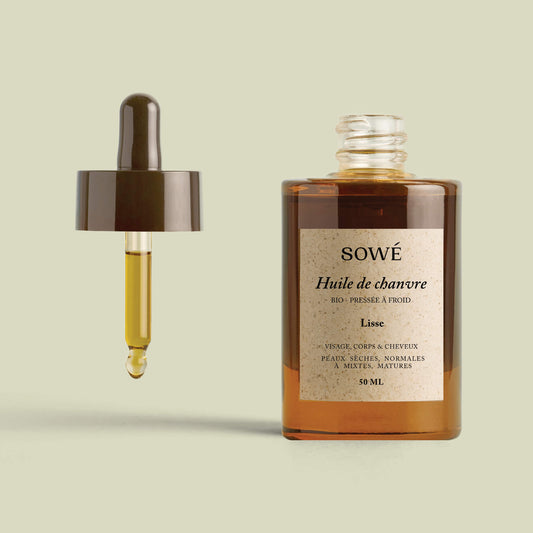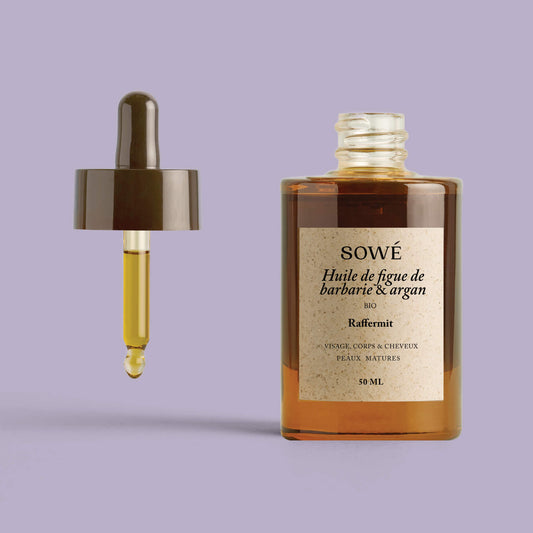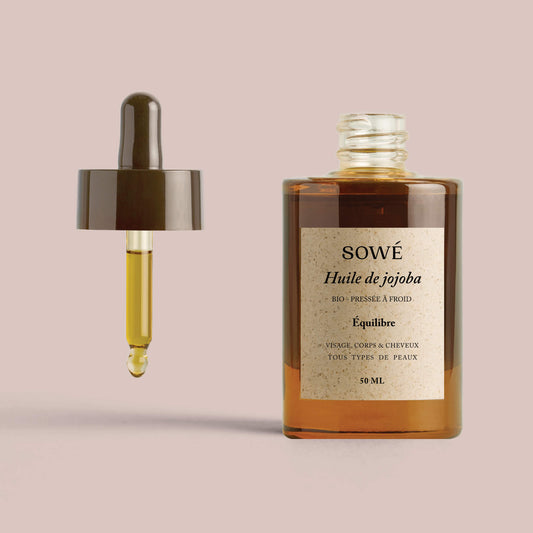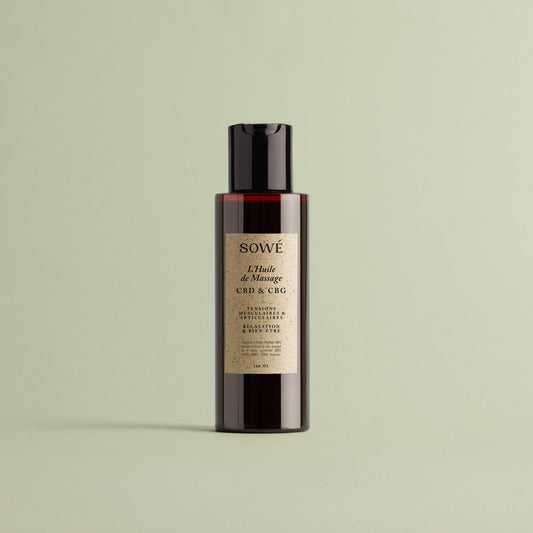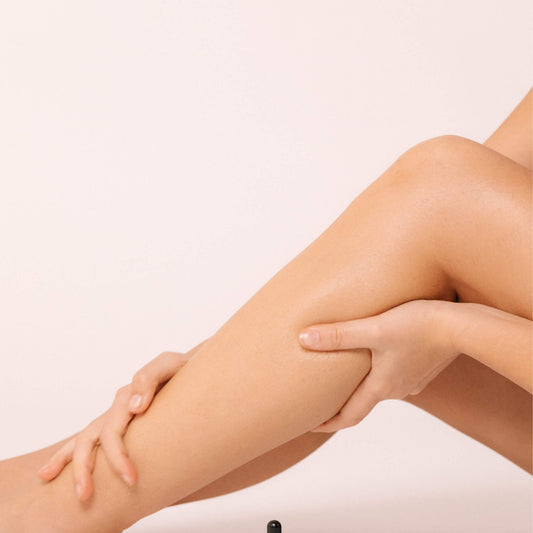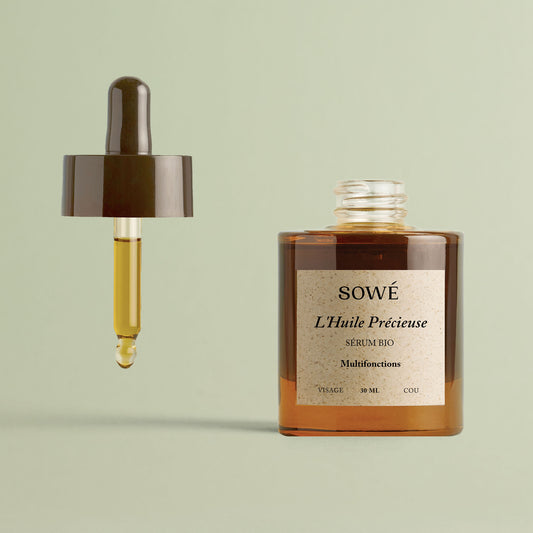It is necessary to distinguish between the properties of hemp seed oil and the properties of cannabinoids which are active compounds that are not found in the seeds but in the upper parts, or tops of the plant.
What we call virgin hemp oil is actually hemp seed oil.
Properties of hemp seed oil on the skin
Hemp seed oil is Non-comedogenic (the comedogenicity of a substance is the tendency of an ingredient to obstruct the sebaceous glands, responsible for the production of sebum). She strengthens the hydrolipidic film of the epidermis and helps reduce transcutaneous water loss.
Better :
Hemp seed oil is a plant oil that has many beneficial properties for the skin. Here are some of its virtues:
- It deeply hydrates the skin, thanks to its richness in essential omega-3 and omega-6 fatty acids, which strengthen the skin barrier and prevent dehydration.
- It regulates sebum production, making it suitable for oily and combination skin. It helps reduce blemishes, blackheads and pimples, by purifying pores and calming inflammation.
- It fights against skin aging, by stimulating the production of collagen and protecting the skin from free radicals. It reduces wrinkles, fine lines and spots, and restores radiance and suppleness to the skin.
- It soothes sensitive, irritated or reactive skin, relieving redness, itching, burns or sunburn. It has healing, antiseptic and anti-infectious properties, which promote the repair of damaged tissues.
To use hemp seed oil on the skin, simply apply a few drops to the face or body, massaging gently until completely absorbed. You can also add it to your day or night cream, or to your moisturizing mask. Hemp seed oil is a dry oil, which does not leave a greasy film on the skin. It is suitable for all skin types, even the most sensitive.
Hemp seed oil is a natural and safe oil, which has no particular contraindications. However, it is recommended to do an allergy test before using it, applying a small amount to the elbow crease and waiting 24 hours. If no reaction appears, you can use it without fear. You must also be careful to choose quality hemp seed oil, from organic farming and without chemical additives.
Properties of edible hemp seed oil
Hemp seed oil is a vegetable oil that has many nutritional properties. Here are some of its virtues:
- It is rich in essential omega-3 and omega-6 fatty acids, which are beneficial for the cardiovascular system, nervous system, immune system and skin health.
- It contains high quality proteins, which provide all the essential amino acids to the body. It is particularly interesting for vegetarians, vegans and athletes.
- It is a source of vitamins, notably vitamin E, which has antioxidant properties, and group B vitamins, which are involved in energy metabolism.
- It is a source of minerals, such as magnesium, iron, zinc, calcium, phosphorus, potassium and copper, which participate in many vital functions.
- It has a pleasant taste, reminiscent of hazelnut, and which goes well with salads, raw vegetables, soups, pasta, rice or vegetables.
Hemp seed oil is therefore a nutritious, healthy and tasty oil, which can enrich your diet and bring you many benefits. It is only consumed cold, because it cannot withstand cooking which destroys its omega-3. It is recommended to consume 1 to 2 tablespoons of hemp seed oil per day to meet essential fatty acid needs. You must also choose quality hemp seed oil, from organic farming and without chemical additives.
Fatty acids composition
- palmitic acid (SFA): 5 to 12%
- palmitoleic acid (omega 7 MUFA): ≤ 1%
- stearic acid (SFA): 1 to 4%
- oleic acid (omega 9 MUFA): 10 to 16%
- linoleic acid (omega 6 PUFA) : 45 to 65%
- alpha-linolenic acid (Omega 3 PUFA): 14 to 30%
- arachidic acid (SFA): ≤ 2%
- eicosenoic acid (Omega 9 MUFA): ≤ 1%
- gamma-linolenic acid (Omega 6 PUFA): 2 to 6%
- stearidonic acid: ≤ 2

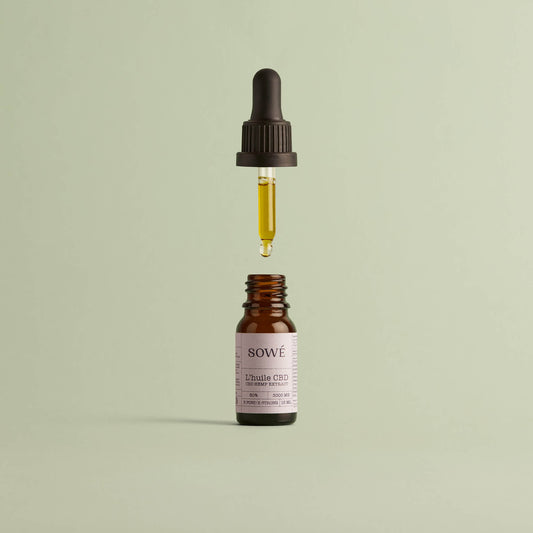
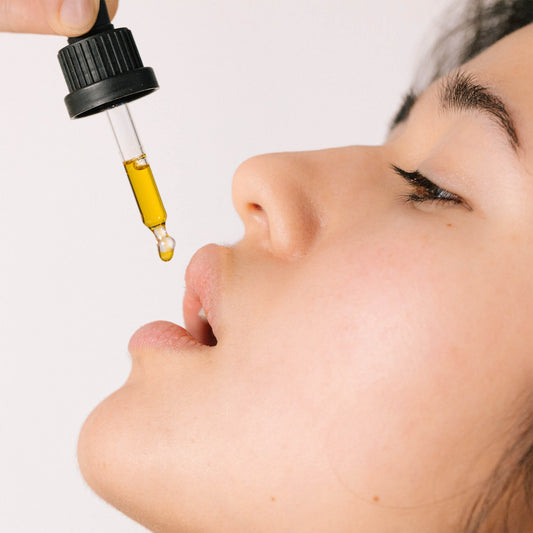 Special offer
Special offer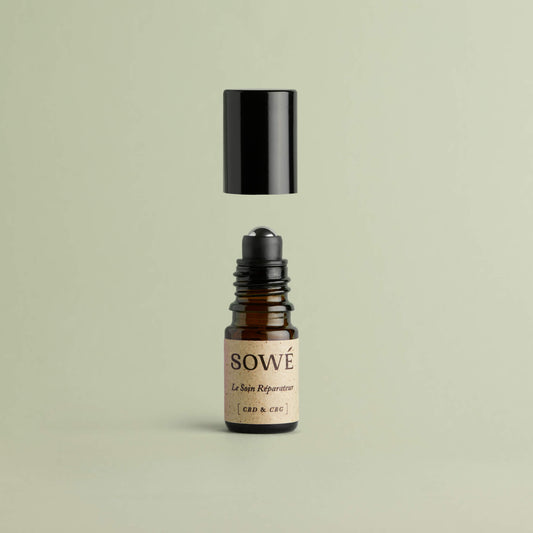
 Special offer
Special offer


